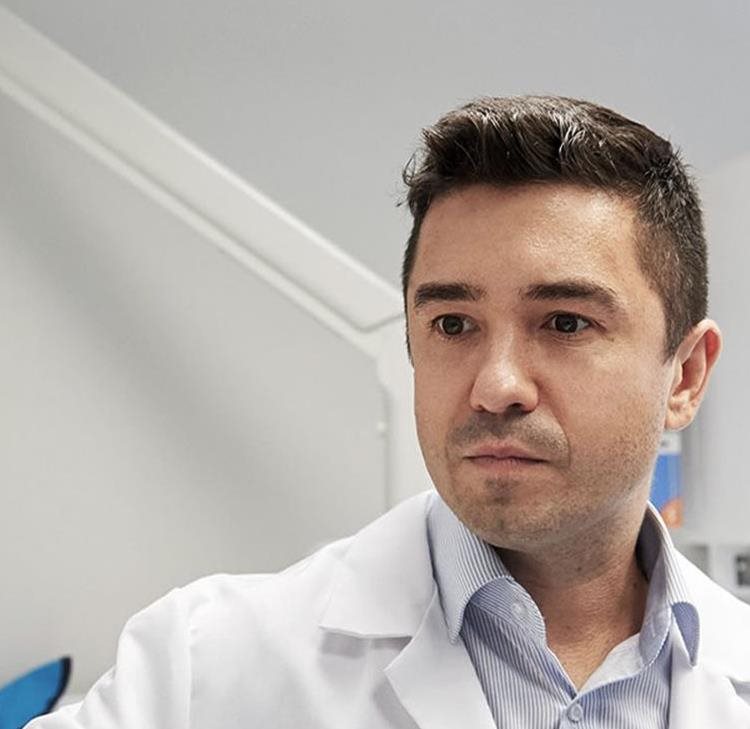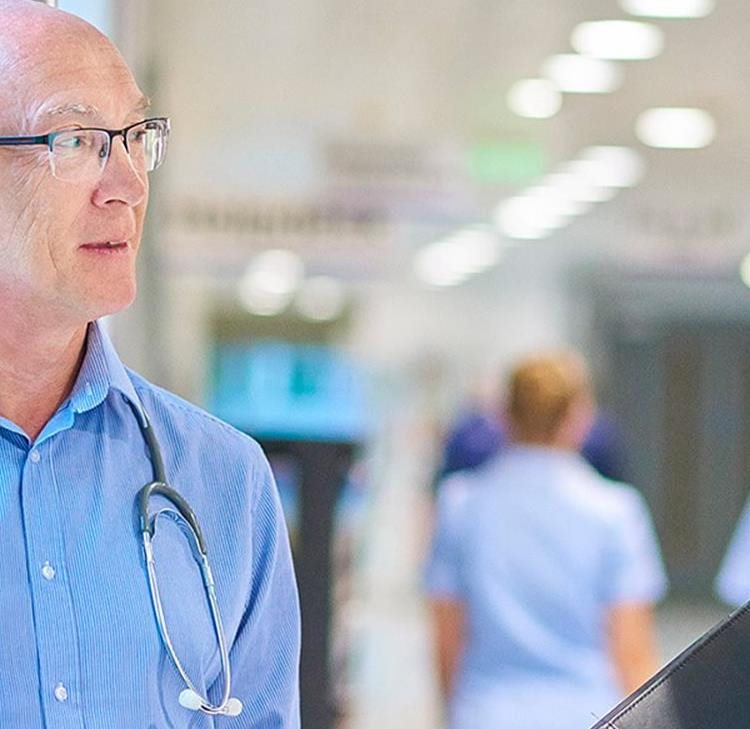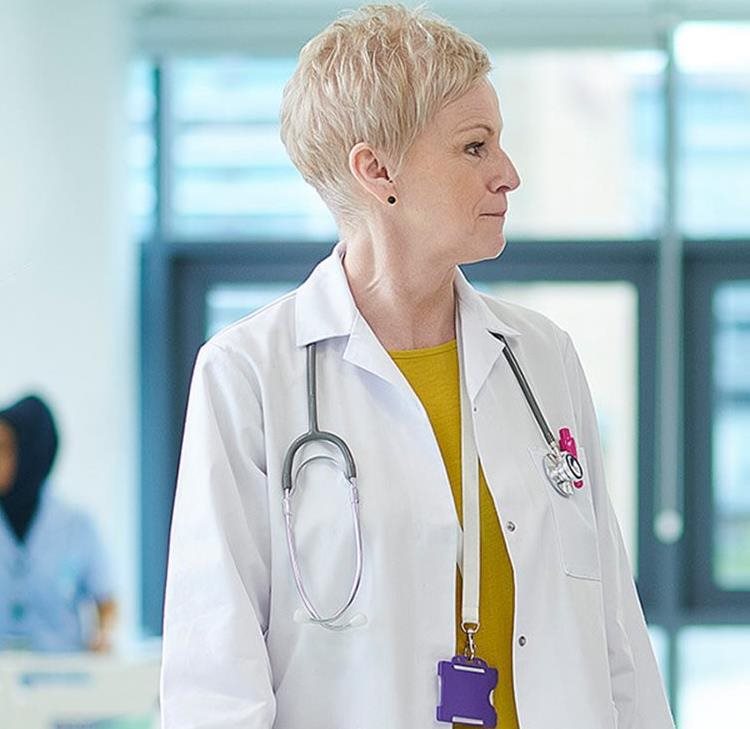DOLs are dead and LPS are here!
The Liberty Protection Safeguards legislation has now had Royal Assent (on 16 May 2019). The key questions now are when it will come into force, and how it will look in practice.
The Liberty Protection Safeguards legislation has now had Royal Assent (on 16 May 2019). The key questions now are when it will come into force, and how it will look in practice.
The dust is settling and people are looking to the future after the demise of an old regime, to be replaced by a new system after a dramatic, long-running saga. No - not Game of Thrones, but the abolition of the Deprivation of Liberty Safeguards (DoLS), to be replaced by the Liberty Protection Safeguards (LPS).
The legislation underpinning the LPS (the Mental Capacity (Amendment) Act 2018) received Royal Assent on 16 May 2019, though it will not come into force until a date to be specified in regulations in due course. The stated intention is for this to be in around 12 months, in spring 2020. But given the amount of work required for implementation, it would be no surprise for this to take longer, pushing the introduction back into late 2020 or even 2021, in our view.
There will need to be a number of Regulations passed which put some flesh on the bones, but most importantly perhaps also the Code of Practice to accompany the reforms, as lots of the detail on how they will work in practice will be in the code. There will need to be a lot of work on drafting that (though we know that this is well underway, and are pleased to be supporting it) but there is much to do, and it will then need (we trust) extensive consultation, which may well take up much of the rest of this year.
We have written previously about the new responsibilities for NHS bodies (both hospital trusts and CCGs) in the new system, and about the expanded role of care home managers in particular, notwithstanding concerns about the conflict of interest.
Since then, the key issue as the Act was finalised was what I’ve called the 'legislative hokey-cokey' about the inclusion of a definition of DoL. There was to be no definition, then it was put in at the insistence of a parliamentary committee, then it was amended heavily on the way through parliament, and ultimately it’s been taken out again. At the end of the day, we are left where we started. DoL is a concept from Article 5 of the European Convention of Human Rights, and must be interpreted in accordance with that case law. And in England and Wales that means the way it was interpreted in the Supreme Court in Cheshire West in March 2014 – the familiar 'acid test'. This means that those under 'continuous supervision and control and not free to leave', where it is imputable to the state, as it almost always is and they lack capacity to consent to the arrangements, then this is a DoL that needs authorisation by a process of law.
The only meaningful exception is the Ferreira (Court of Appeal, 2017) scenario of life saving medical treatment. The new system, and new role for NHS hospital Trusts will no doubt refocus some attention on the question of how far from ICU towards less intensive in patient treatment the Ferreira exception should extend? We will come back to this, but for now it might be helpful just to recirculate some guidance we wrote for the Intensive Care Society and faculty of Intensive Care Medicine on this after Ferreira.
Subject to that, there is no reason to think that LPS will be dealing with smaller numbers of people than DOLS, as the definition of DoL is unchanged, and indeed LPS will be wider in that it now includes 16 and 17 year olds, and those in settings beyond care homes and hospitals, which previously fell outside DOLS and required applications to the Court of Protection to authorise any DoL. That is surely welcome.
As to how it will all work in practice, much will depend on the Code and we encourage all involved and interested to engage with what we trust will be an extensive and robust consultation process about this as it is developed over the next few months.
But whatever the Code looks like, the fundamentals of the legislation bring a clear change in roles and responsibilities, especially for NHS hospital Trusts, and for CCGs, as well as for care homes in particular.
It is important to start thinking about this and preparing now, and we would be pleased to discuss this and offer the support and training that you need.
We will cover the LPS in more detail in our next regular webinar, and will of course keep you posted as the picture develops, but please do get in touch if you have any queries or concerns just now.
Contact

Mark Hickson
Head of Business Development
onlineteaminbox@brownejacobson.com
+44 (0)370 270 6000








































